Recently Added History resources
Recent Posts
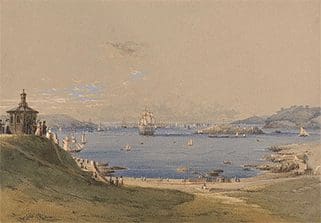 Plymouth – significant people and events
Plymouth – significant people and eventsPlymouth is a historic port city in Devon with a strong connection to exploration, naval power, and migration. Its natural...
Read More How do I know I am teaching history in the right way? A few pointers for non-specialists
How do I know I am teaching history in the right way? A few pointers for non-specialistsWhen your colleagues, who have to master 11 subjects after all , feel that they need a few pointers to...
Read More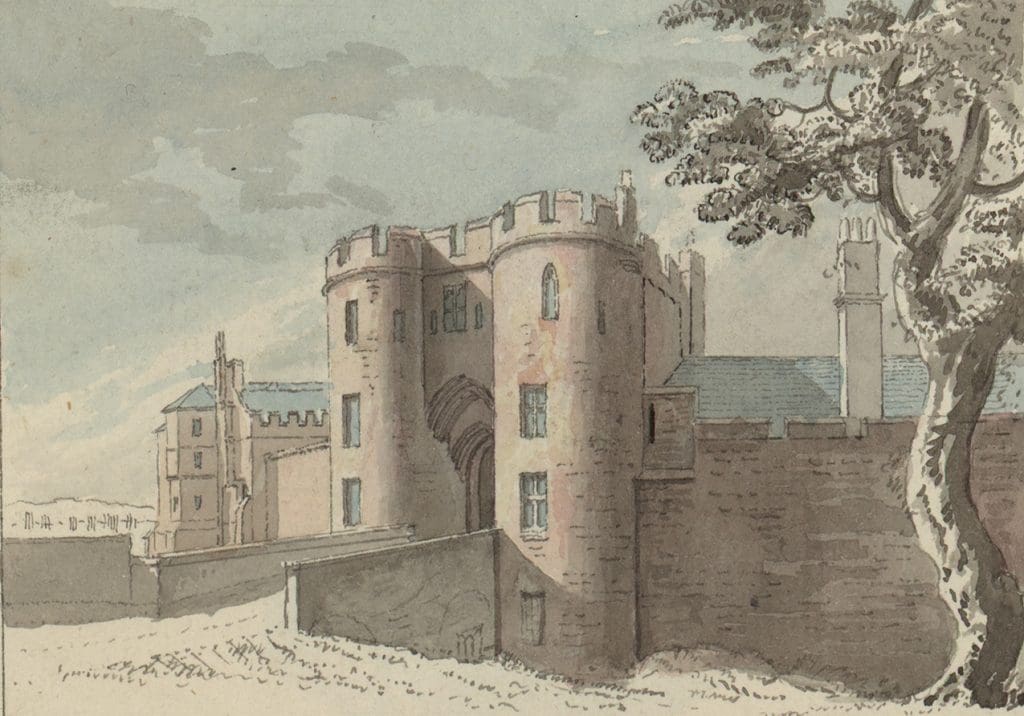 Chester – significant people and events
Chester – significant people and eventsChester is one of England’s best-preserved historic cities, with a past that stretches back almost 2,000 years so makes a...
Read More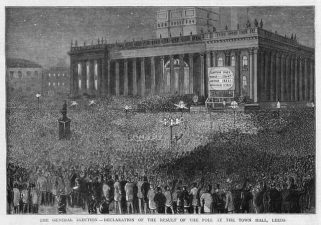 Leeds – significant people and events
Leeds – significant people and eventsLeeds’ history has been shaped by trade, industry, and urban growth so makes a brilliant study linked to the Victorian...
Read More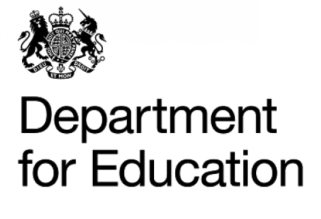 New history curriculum for 2028
New history curriculum for 2028As you know there was a curriculum and assessment review in November and the government accepted its recommendations relating to...
Read More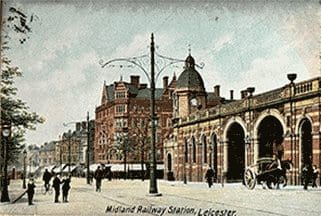 Leicester – significant people and events (Case study)
Leicester – significant people and events (Case study)Above all, studying Leicester provides brilliant opportunities to look at diversity. Ethnic groups make up the majority of the population...
Read More York – significant people and events
York – significant people and eventsYork is one of the oldest and most historically important cities in the United Kingdom. Its history stretches back nearly...
Read More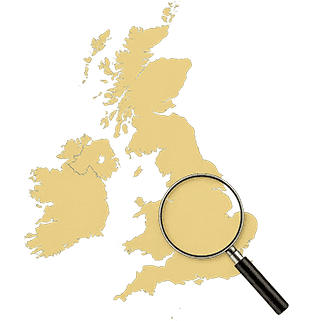 Any changes for your history teaching in 2026? I’ve got one
Any changes for your history teaching in 2026? I’ve got oneAs you will know from the headlines of the government’s recent curriculum review among the changes being recommended concerns local...
Read More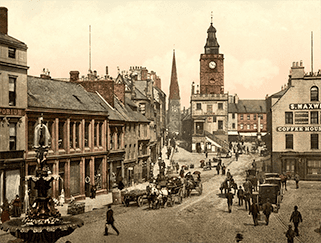 Top 10 activities for local history
Top 10 activities for local historyWhilst the activities you choose to use in your local history study will very much depend on the nature of...
Read More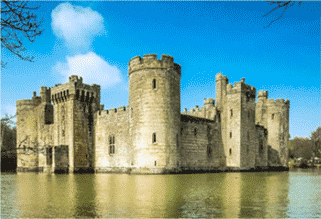 Teaching Local History at Key Stage 2
Teaching Local History at Key Stage 2So, where do we start if we haven’t a clue about Local History? Unlike all other areas of study Local...
Read More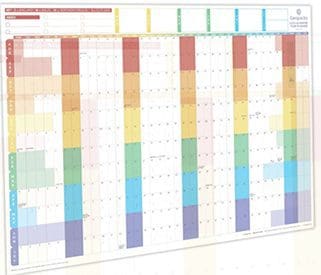 8 tough choices for KS1 history subject leaders. Reinforcement or needless repetition?
8 tough choices for KS1 history subject leaders. Reinforcement or needless repetition?Plotting your choice, and sequence, of topics at KS1 is much more difficult than many people imagine. And you can’t...
Read More Exeter – significant people and events
Exeter – significant people and eventsExeter is one of the oldest cities in England, with a history shaped by Roman rule, religion, trade, and regional...
Read More How well do your pupils understand the concept of historical interpretations? A quick diagnostic quiz
How well do your pupils understand the concept of historical interpretations? A quick diagnostic quizTeaching about interpretations in history is one of the hardest challenges KS2 teachers will face. When pupils are searching for...
Read More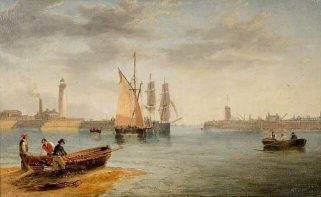 Sunderland – significant people and events
Sunderland – significant people and eventsSunderland is a city on the north-east coast of England whose history has been shaped by the sea, industry, and...
Read More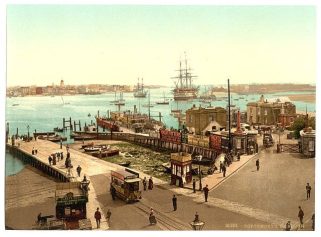 Portsmouth – significant people and events
Portsmouth – significant people and eventsPortsmouth is a historic port city on the south coast of England whose identity has long been shaped by the...
Read More How to improve your pupils’ writing in history at KS2
How to improve your pupils’ writing in history at KS2‘Low floor-high ceiling’: From short jogs to full marathon Without wanting to do anything that runs counter to your school’s...
Read More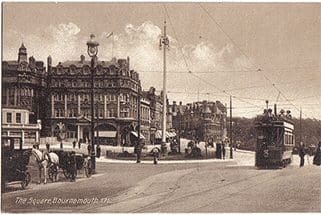 Bournemouth – significant people and events
Bournemouth – significant people and eventsBournemouth is an influential coastal town known for its strategic location, natural environment, and contribution to learning and innovation. Established...
Read More Edinburgh – significant people and events
Edinburgh – significant people and eventsEdinburgh is an influential city because it has long been a place where ideas grow and important decisions are made....
Read More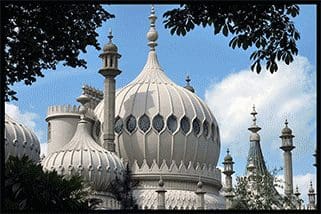 Brighton – significant people and events
Brighton – significant people and eventsBrighton is an influential seaside city known for its creativity, diversity and bold ideas. It grew as a popular resort...
Read More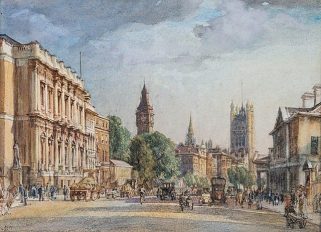 London – significant people and events
London – significant people and eventsLondon is an influential city because it has been a centre of power, ideas and culture for hundreds of years....
Read More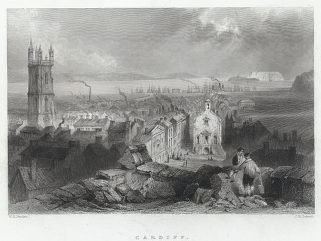 Cardiff – significant people and events
Cardiff – significant people and eventsCardiff is an influential capital city where ideas, leadership and culture meet. It grew from a small town into a...
Read More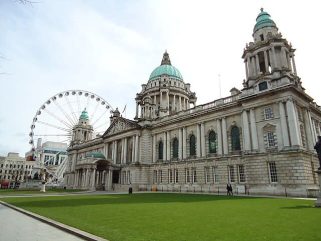 Belfast – significant people and events
Belfast – significant people and eventsBelfast is an influential city because it is a place of building, learning and big change. It grew quickly as...
Read More Sheffield – significant people and events
Sheffield – significant people and eventsSheffield is a city of makers, famous for “steel and skill.” For a long time, hot furnaces and busy workshops...
Read More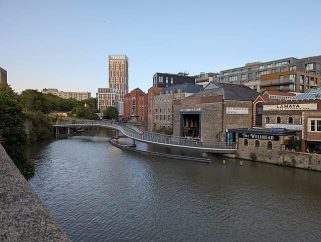 Bristol – significant people and events
Bristol – significant people and eventsBristol is an influential city in the South West of England because it has been an important place for travel,...
Read More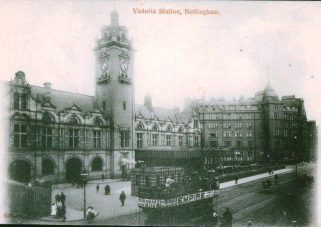 Nottingham – significant people and events
Nottingham – significant people and eventsNottingham is an influential city in England because it has inspired important ideas, stories and people for centuries. It is...
Read More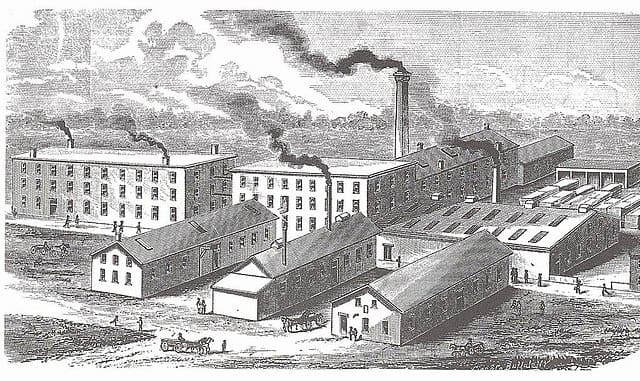 Newcastle – significant people and events
Newcastle – significant people and eventsNewcastle is an influential city in the North East of England because it helped power Britain’s growth and inspired many...
Read More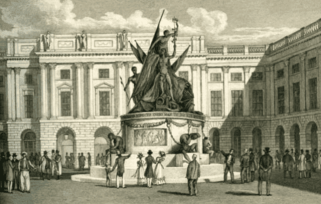 Liverpool – significant people and events
Liverpool – significant people and eventsLiverpool is one of Britain’s most influential cities because its port is connected the country to the wider world and...
Read More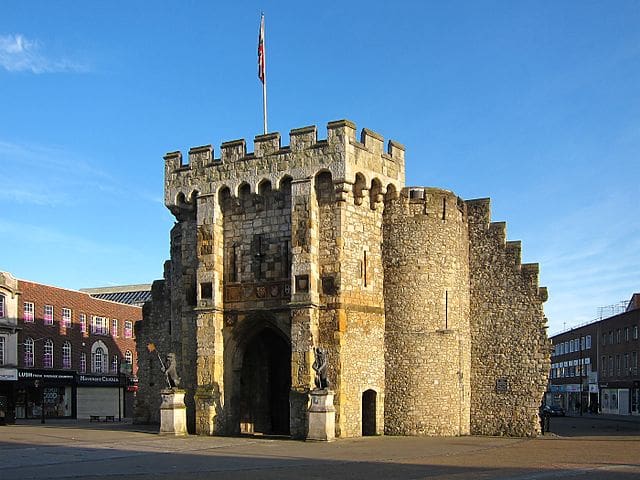 Southampton – significant people and events
Southampton – significant people and eventsSouthampton is an influential city on England’s south coast because it has connected people, places and important events for centuries....
Read More Glasgow – significant people and events
Glasgow – significant people and eventsGlasgow is one of Scotland’s most influential cities because it has helped shape important ideas and people. In the past,...
Read More Birmingham – significant people and events
Birmingham – significant people and eventsBirmingham is one of Britain’s most influential cities because it has helped shape big ideas and important people. In the...
Read More
